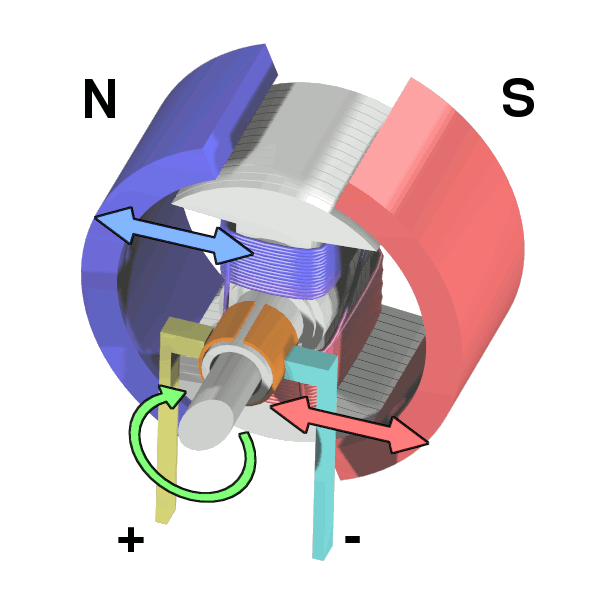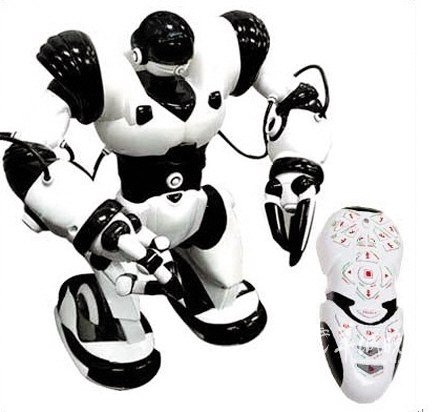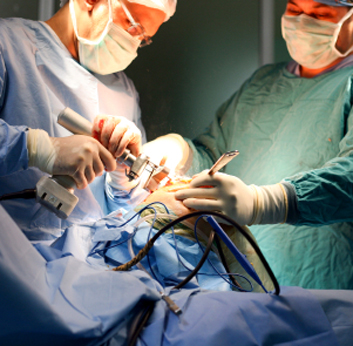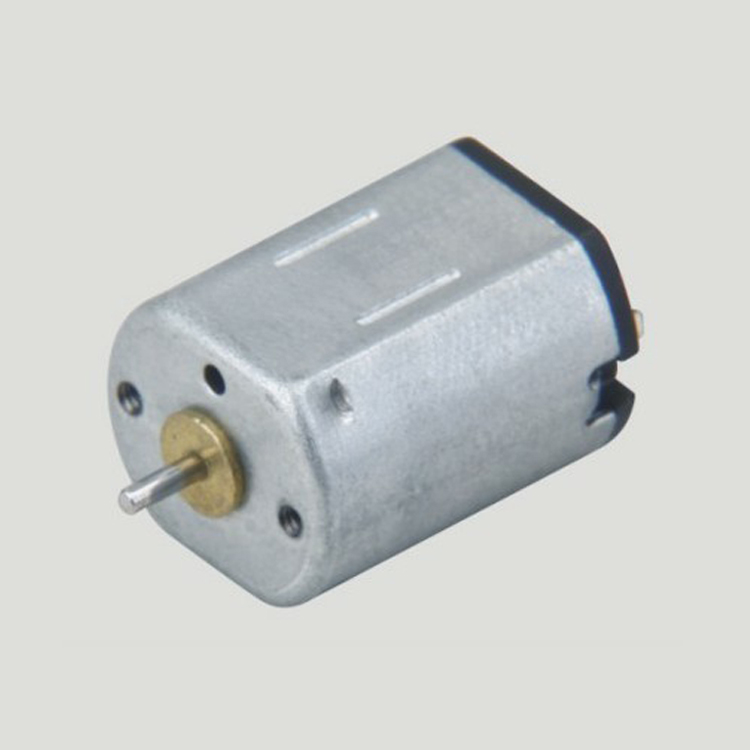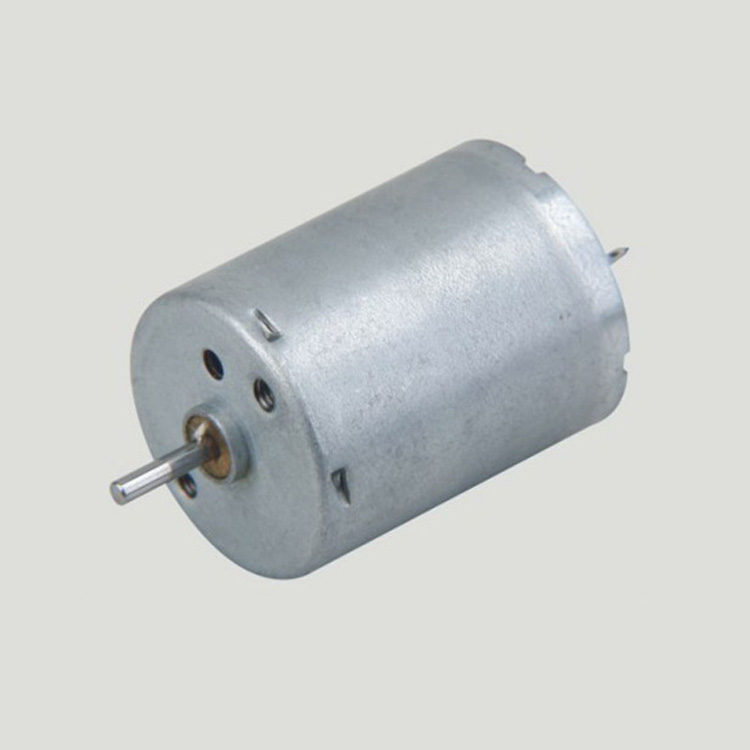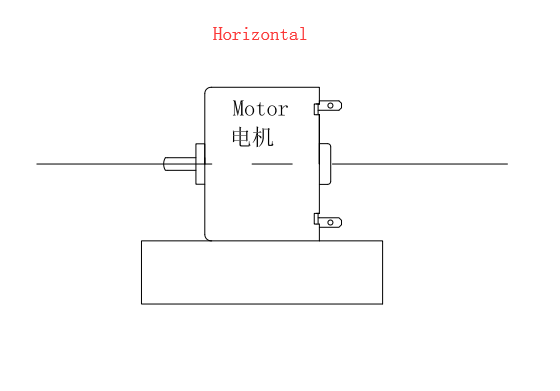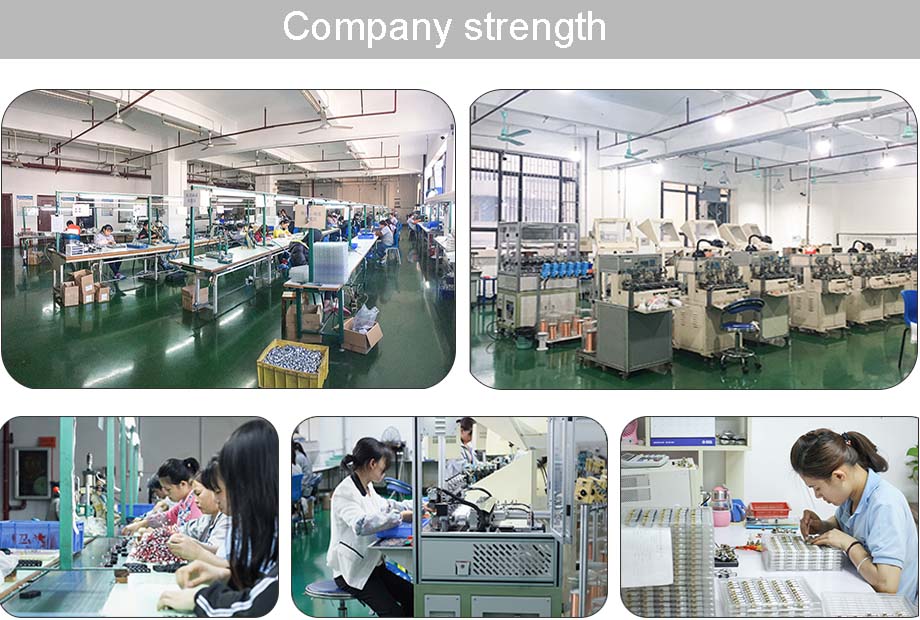Thermocouples are an instrument for measuring temperature. The selection of thermocouples and RTDs is conducive to accurate temperature measurement, safe and reliable. We will simply learn some knowledge about them for your convenience! 1. The thermal resistance of the measured object whose normal temperature range is below 300 °C. 2. The thermocouple is selected for the normal temperature range of the measured object above 300 °C. Thermocouple and thermal resistance installation method 1. First, measure the size of the thermocouple and the thermal resistance flange or the threaded screw, and machine the flange or threaded base. 2. According to the size of the flange or the threaded base, make holes in the pipe to be measured. 3. Welding of flange or screw seat. Insert the flange seat or threaded base into the opened hole and weld the flange seat or threaded base to the pipe to be measured. 4. Tighten or screw the thermocouple or thermal resistor into the welded threaded base. 5. Connect the junction box of the thermocouple or the thermal resistance according to the wiring diagram and connect it with the corresponding display instrument on the dial. Note that the junction box cannot be in contact with the pipe wall of the tested medium pipe to ensure the temperature inside the junction box. Do not exceed 100 ° C. The outlet hole of the junction box should be prevented from short-circuiting due to poor sealing, water vapor and dust deposition. 6, the location of the thermocouple or thermal resistance installation, should be considered for easy maintenance and maintenance. Thermocouple and RTD installation requirements For the installation of the thermal resistance and thermocouple, attention should be paid to the accuracy of temperature measurement, safety and reliability, and convenient maintenance, and does not affect the operation and production operation of the equipment. To meet the following requirements, select the installation location and insertion of the thermocouple and the thermal resistance. Pay attention to the following 2 points when you are deep: 1. Thermocouples and thermal resistors with protective sleeves have heat transfer and heat loss. To reduce measurement errors, thermocouples and RTDs should have sufficient insertion depth: (1) When the original insertion depth exceeds 1 m, it should be installed as perpendicular as possible, or the support frame and protective sleeve should be added. (2) If it is necessary to measure the temperature of the flue gas in the flue, even though the flue diameter is 1000mm, the thermocouple or thermistor can be inserted to a depth of 500mm. (3) For thermocouples that measure the temperature of the fluid in the center of the pipe, the measuring end should normally be inserted into the center of the pipe (vertically or tilted). If the pipe diameter of the fluid to be measured is 100 mm, then the thermocouple or thermistor The insertion depth should be 50~100 mm (taking into account the size of the mounting base or flange). (4) For the temperature measurement of high temperature and high pressure and high speed fluid (such as main steam temperature), in order to reduce the resistance of the protective sleeve to the fluid and prevent the protective sleeve from breaking under the action of the fluid, the protection tube may be inserted or used. Thermo-sleeve thermocouple. The shallow-insertion thermocouple protection sleeve shall be inserted into the main steam pipe to a depth of not less than 75 mm; the thermal insertion thermocouple shall have a standard insertion depth of 100 mm. 2. In order to ensure sufficient heat exchange between the measuring end of the thermocouple and the thermal resistance and the measured medium, a reasonable measuring point should be selected to avoid installing thermocouples near the dead angle of valves, elbows and pipes and equipment. Thermal resistance.
A DC motor is any of a class of rotary electrical
machines that converts direct current electrical energy into mechanical energy.
The most common types rely on the forces produced by magnetic fields. Nearly
all types of DC motors have some internal mechanism, either electromechanical
or electronic, to periodically change the direction of current flow in part of
the motor.
DC motors were the first type widely used, since they
could be powered from existing direct-current lighting power distribution
systems. A DC motor's speed can be controlled over a wide range, using either a
variable supply voltage or by changing the strength of current in its field
windings. Small DC motors are used in tools, toys, and appliances. The
universal motor can operate on direct current but is a lightweight motor used
for portable power tools and appliances. Larger DC motors are used in
propulsion of electric vehicles, elevator and hoists, or in drives for steel
rolling mills.
Dc motor areas of application: smart home field, robotics, precision medical equipment industry, automotive drive field, electronic products and personal care equipment
Application of the product:
Features: high torque, low noise, small volume, light weight, easy to use, running
constant speed, etc., can also be matched with various gearboxes to change the
output speed and torque.
Features: small volume, fast speed, stable performance, low price, good speed regulation.
Method
of use: the best stable in horizontal plane, installed on the dc motor output
shaft parts, cannot use a hammer to knock, knock prone to press into the dc
motor drive, may cause damage to internal components, and cannot be used in the
case of blocked.
Operating temperature range:
DC motor should be used at a temperature of -10~60℃.
The figures stated in the catalog specifications are based on use at
ordinary room temperature catalog specifications re based on use at
ordinary room temperature
(approximately20~25℃.
If a geared motor is used outside the prescribed temperature range,the
grease on the gearhead area will become unable to function normally and the
motor will become unable to start.Depending on the temperature conditions ,it
may be possible to deal with them by changing the grease of the motor's parts.Please feel free to consult
with us about this.
Storage temperature range:
DC motor should be stored ta a temperature of -15~65℃.
In case of storage outside this range,the grease on the gearhead area
will become unable to function normally and the motor will become unable to
start.
Service life:
â—Use with a
load that exceeds the rated torque
â—Frequent
starting
â—Momentary
reversals of turning direction
â—Impact
loads
â—Long-term
continuous operation
â—Forced
turning using the output shaft
â—Use in
which the permitted overhang load or the permitted thrust load is exceeded
â—A pulse
drive ,e.g.,a short break,counter electromotive force,PWM control
â—Use of a
voltage that is nonstandard as regards the rated voltage
â—Use
outside the prescribed temperature or relative-humidity range,or in a special
environment.
â—Please
consult with us about these or any other conditions of use that may apply,so
that we can be sure that you select the most appropriate model.
when it come to volume production,we're a
major player as well .each month,we rurn out
600000 units,all of which are compliant with the rohs directive.Have any
questions or special needed, please contact us, we have the engineer group and
best sales department to service to you Looking forward to your inquiry. Welcome to
our factory.
Dc Motor,Small Dc Motor,Mini Dc Motor,Robot Dc Motor,Dc Motor With Gearbox Shenzhen Shunchang Motor Co., LTD. , https://www.scgearmotor.com
